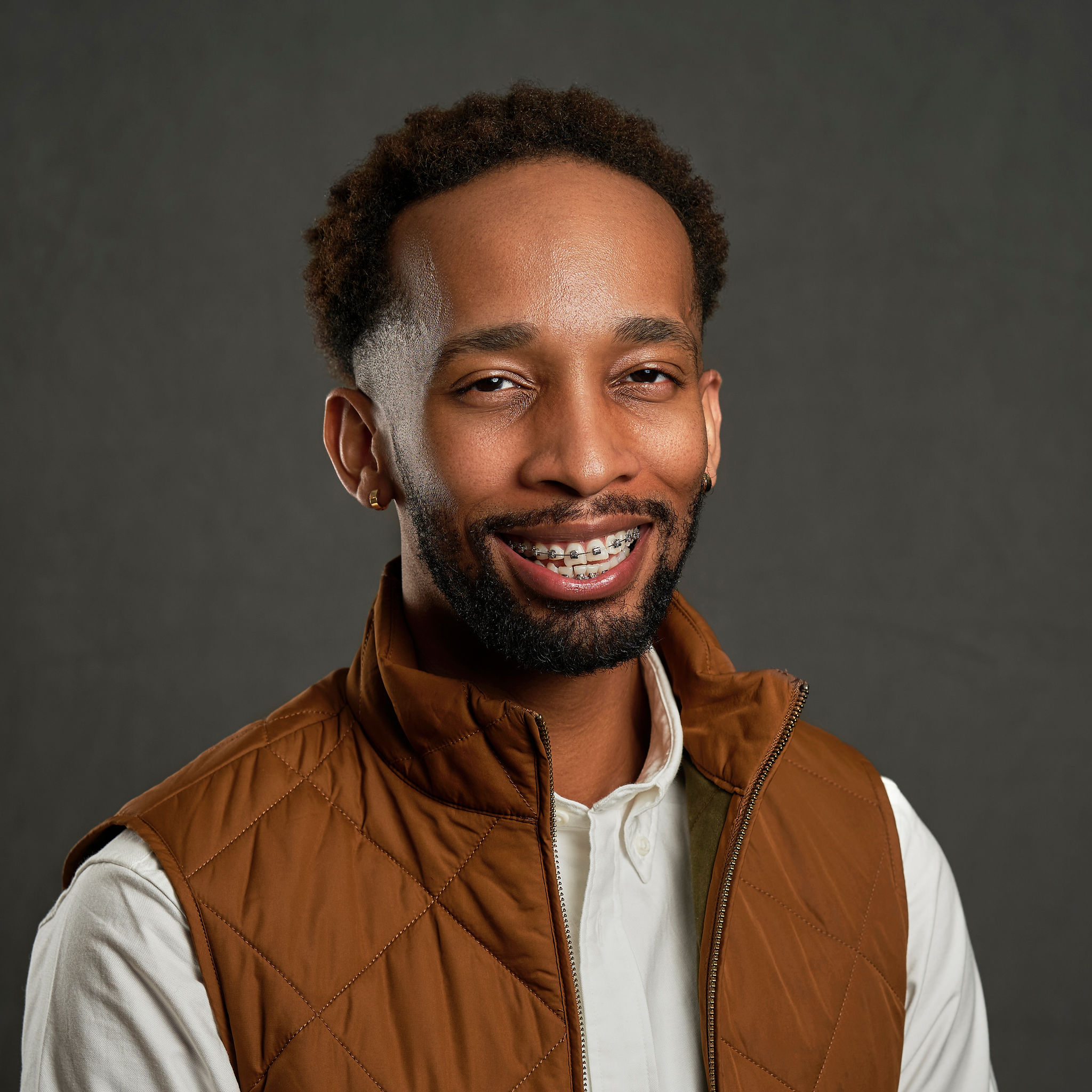In 1994, five counties in North Carolina serving predominantly students of color and students from low-income families filed a lawsuit (Leandro vs. State of North Carolina) arguing that the state wasn’t giving districts the money they needed to provide an equal and quality education to their students. The North Carolina Supreme Court has since ruled three times—in 1997, 2004 and this month—that the state is required to provide a “sound basic education” to all its children and that lawmakers have violated that duty. What’s more, after nearly three decades of inaction, North Carolina’s funding system ranks among the worst in the nation when it comes to funding level (47 of 51) and funding effort (49 of 51). As of this report, lawmakers failed again to meet the minimum bar of “sound, basic.” In fact the current budget funds only half of the needs outlined in the Leandro plan. This is in the context of close to an $8 billion dollar surplus.
There have been many actors with good intentions who have attempted to remedy this constitutional deficiency over the years—perhaps none more evident and influential than those within the philanthropic sector. In 1963, Rev. Dr. Martin Luther King, Jr. wrote, “Philanthropy is commendable but it must not cause the philanthropist to overlook the circumstances of economic injustice which make philanthropy necessary.” In 2021, we must go a step further: philanthropy is commendable, and philanthropists should not overlook the ways in which their philanthropy perpetuates economic and racial injustice.
As such, between February and June 2021, Education First convened a racially diverse cohort of 15 funders and grant recipients from across the state in a community of practice focused on the role of philanthropy in advancing racial equity in education. Given the inflection point in the Leandro case, the nation’s racial reckoning and the impacts of the COVID-19 pandemic, we thought it was a promising time to pull together this group to think about racial equity. All acknowledged the difficulty of focusing on racial equity in North Carolina, but were committed to examining the ways they’ve unintentionally perpetuated racial and systemic inequity despite their good intentions, and identifying ways to implement more equitable funding practices was important. Using these guiding principles as a grounding document, for five months, the North Carolina Racial Equity and Social Impact Community of Practice focused on individual, institutional and systemic collective action. We learned a lot.
This is just some of what came out of one group for five months. After convening a national community of practice for more than three years, in We Refuse to Lose: A Report to Philanthropy, Education First challenged funders committed to confronting racial inequities to take stock of how their intrinsic power and privilege impact progress to improve communities, and synthesized concrete actions that grantmakers can take to act differently to achieve different results. It’s important that this work keeps happening across the state and country. Philanthropic actors have to keep coming to the table to unlearn, learn, examine and disrupt inequitable practices that are built into the foundation of how these individuals and organizations support education in our state. Many philanthropic organizations have pledged to be different over the last 18 months. Now is the time to act on those pledges and promises. After convening this group we remain optimistic about the power of this sector to innovate, accelerate learning and advance racial equity in education but first we must continue to illuminate and demand repair for these unacceptable and unconstitutional resource gaps.
Please contact Rashidah Lopez Morgan and Andy Smith for more information about the North Carolina Social Impact and Racial Equity in Education Community of Practice.
This is part one of a three-part blog series based on our work with the North Carolina Racial Equity and Social Impact Community of Practice. Education First worked closely with Gita Gulati-Partee, Founder & Principal of OpenSource Leadership Strategies, on this engagement and this project was sponsored by the Burroughs Wellcome Fund and the Conway Family Fund. Read part two here.

